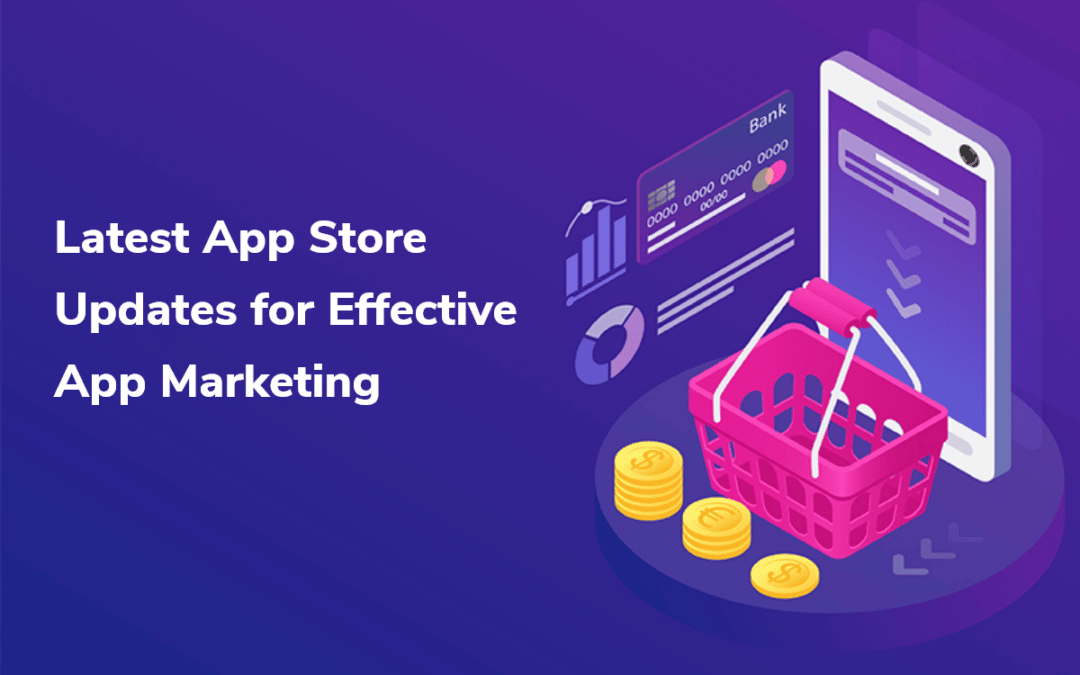The App marketing industry is evolving at an exponential rate. The app optimization policies and guidelines also keep changing to make the app market more conducive. So, you need to stay informed about these trends and updates. Updating your app in the store is crucial for successful app marketing and enhanced visibility.
Google Play updates and policy changes.
- Google Play has announced policy updates as of September 21 that pertain to optimization of the app’s metadata. Failing which apps will not be featured or highly ranked. The two key updates are the 30-character limit for the app title and the prohibition of keywords like free, top, best, and new in the app’s metadata.
- Another key update that will influence app marketing is regarding app ratings and reviews. The Google Play update released on November 21 allows users to view the reviews and ratings specific to their region only. So, the reviews of a particular region cannot influence that of another locality.
- On January 22, Google Play announced a reduced service fee for in-app purchases from 30% to 15%. For music and e-book apps, the service fees are decreased to 10%.
- To improve transparency for app users, Google Play released a new data policy update. Users can view and understand why and how the app team will use the details collected. This is will beneficial for you to gain the user’s trust and attract new users.
- Google Play introduced an alternate billing system for app users in South Korea. So, users can choose the billing method of their choice apart from Google’s.
Apple app store updates and policy changes.
- The app store updates support enhanced optimization and user acquisition. In-app events, app page optimization, and customized product page are the new features Apple app store introduced.
- In-app events facilitate enhanced user engagement and drive new users to the app. These events relate to specific times that help you reach the target audience, inform the users of the new features, and re-gain the old users. In-app events help you understand the user’s post-download behavior.
- The Apple app store allows you to test up to three versions of your app product page. App Store Connect also lets you view the test duration and changes in the app traffic. Apart from the original version, you can test the images, icons, and preview videos to improve your app’s conversion rates.
- Customizing the app store page and running A/B tests will give you better opportunities to implement effective user acquisition strategies.
- Custom product pages allow you to have up to 35 app product pages. You can use different app creatives and ad campaigns to suit the various user groups. App store Search ads will support all the versions, and the links to the specific versions can also be used in your user acquisition campaigns.
- On January 22, Apple started giving users more control by allowing them to delete data within the apps. So, you need to make the data collection policy as transparent as possible.
Conclusion.
The Apple App Store and Google Play strive to provide the best user experience and a conducive business place for app developers. Earlier policy changes and app store updates can influence app marketing and boost your app’s growth. Therefore to make your app marketing successful:
- Follow App Store Optimization guidelines accurately.
- Explore and launch your app in new app markets.
- Test and implement paid and organic user acquisition methods to expand your user base.
- Stick to the data safety policy updates and provide accurate details about the data collection methods.
- Implement the latest 5G technology to provide a flawless interface.
- Regularly audit and correct your app marketing practices. You can easily identify your strengths, and the app’s growth will happen quicker.
- Attend app marketing events and conferences to stay informed of the app store policy changes and new trends.

